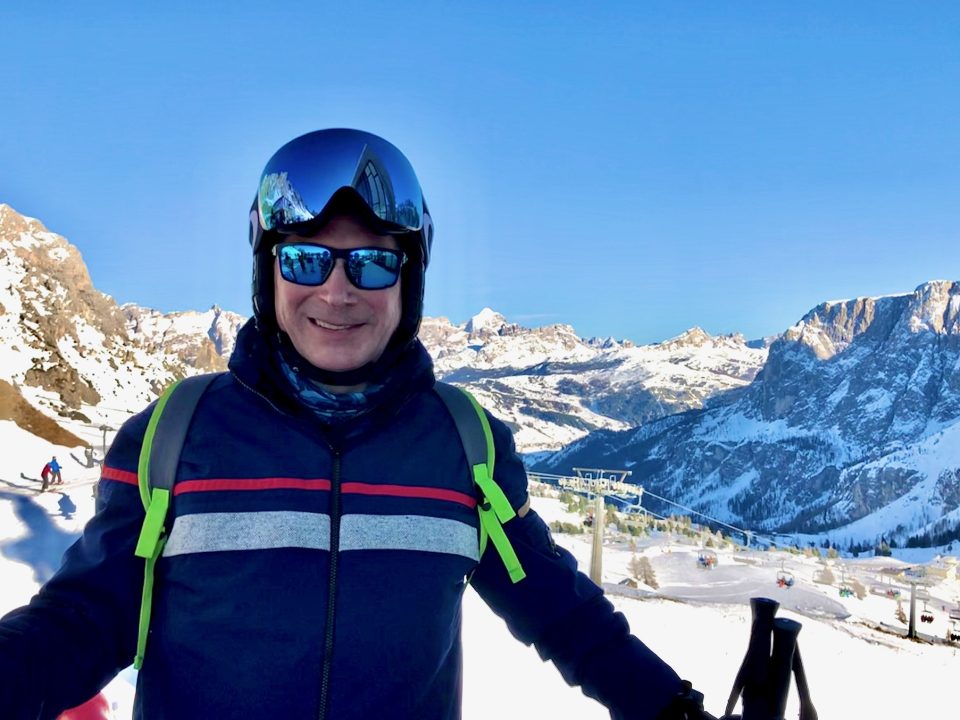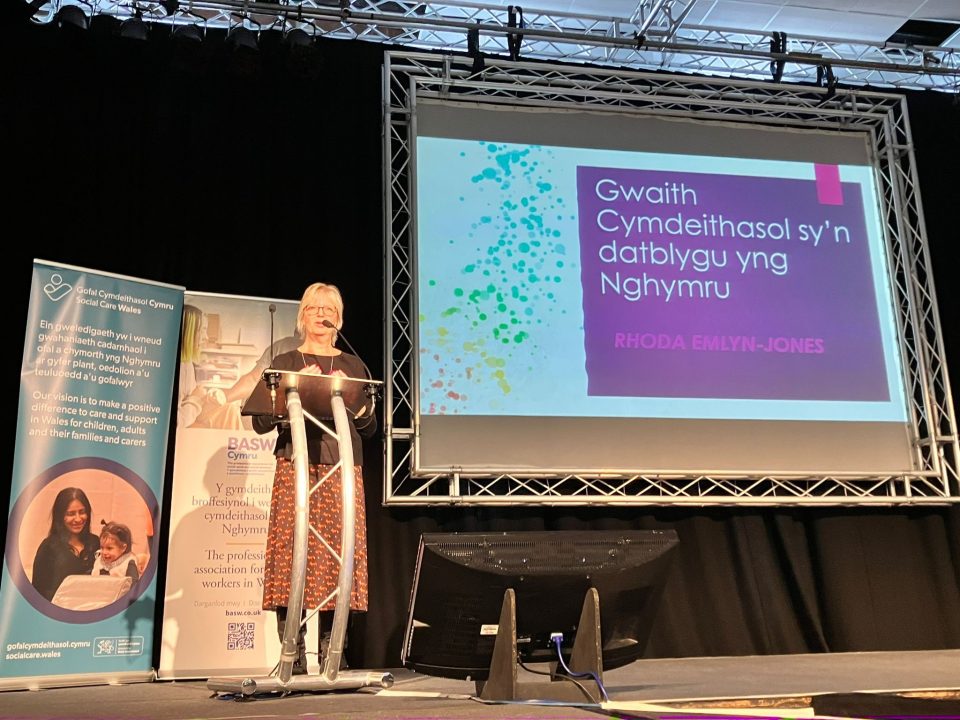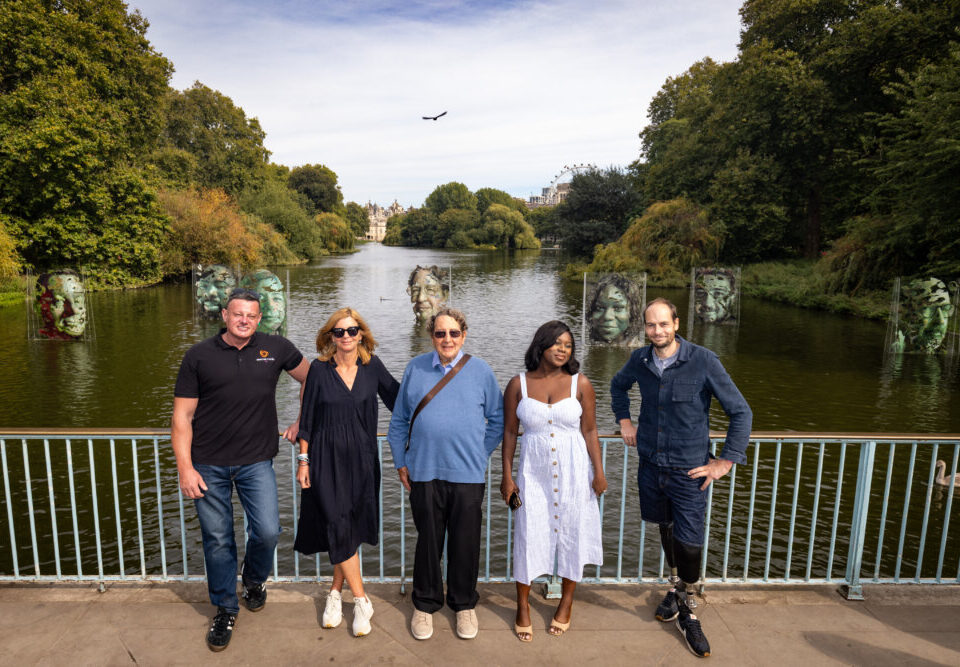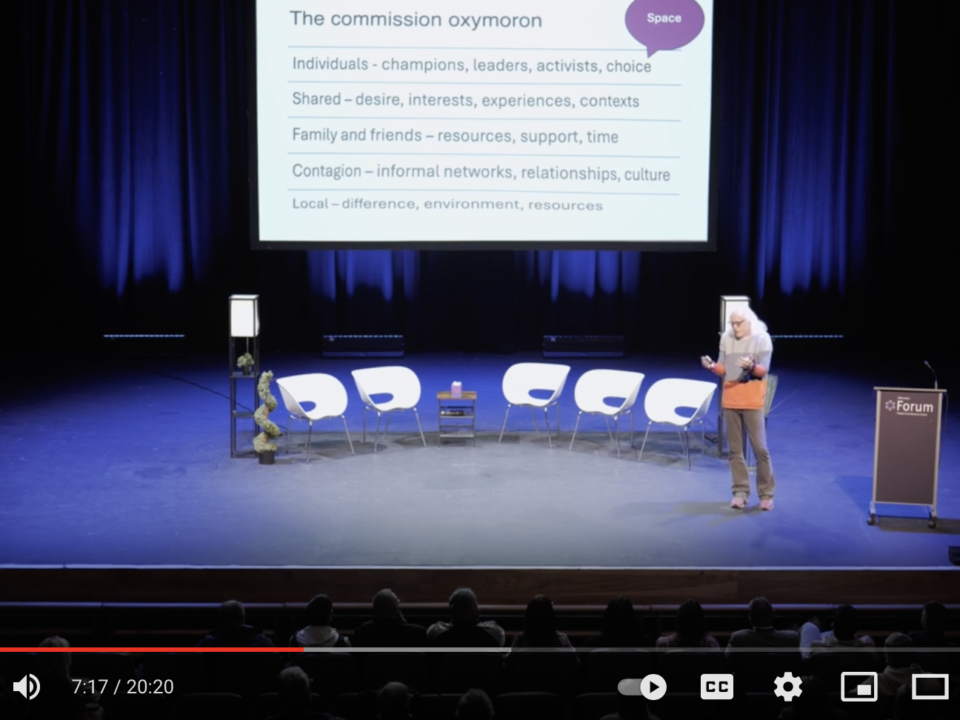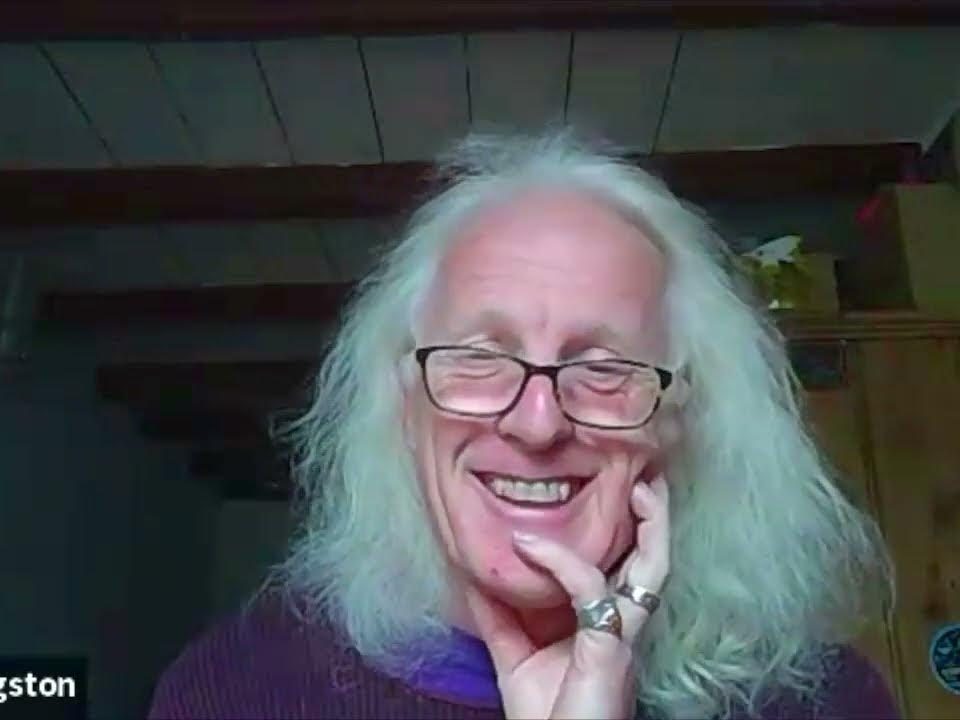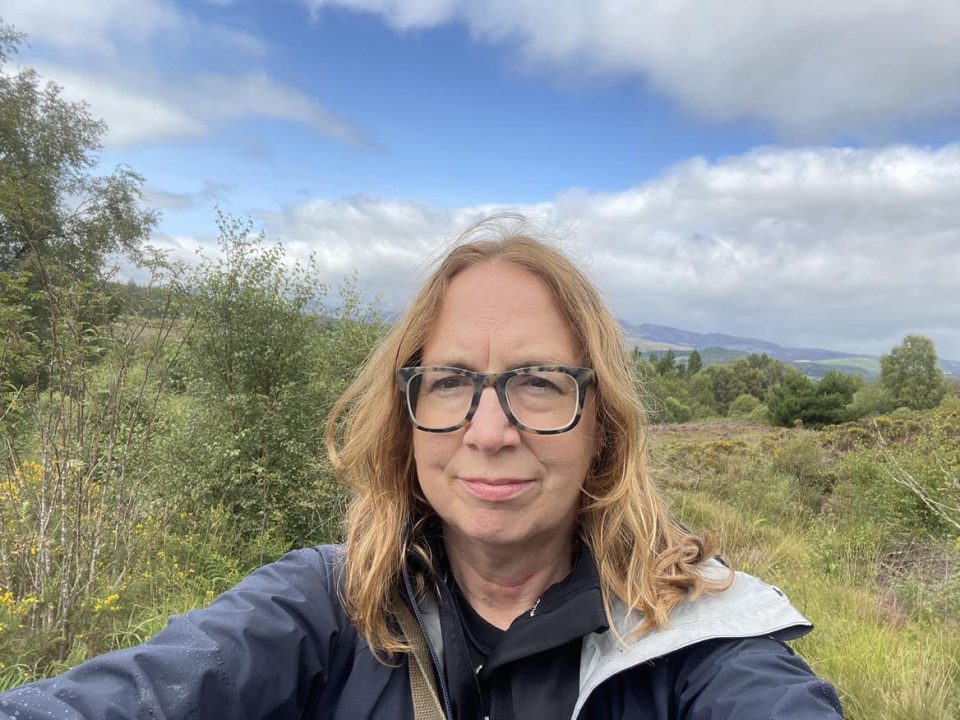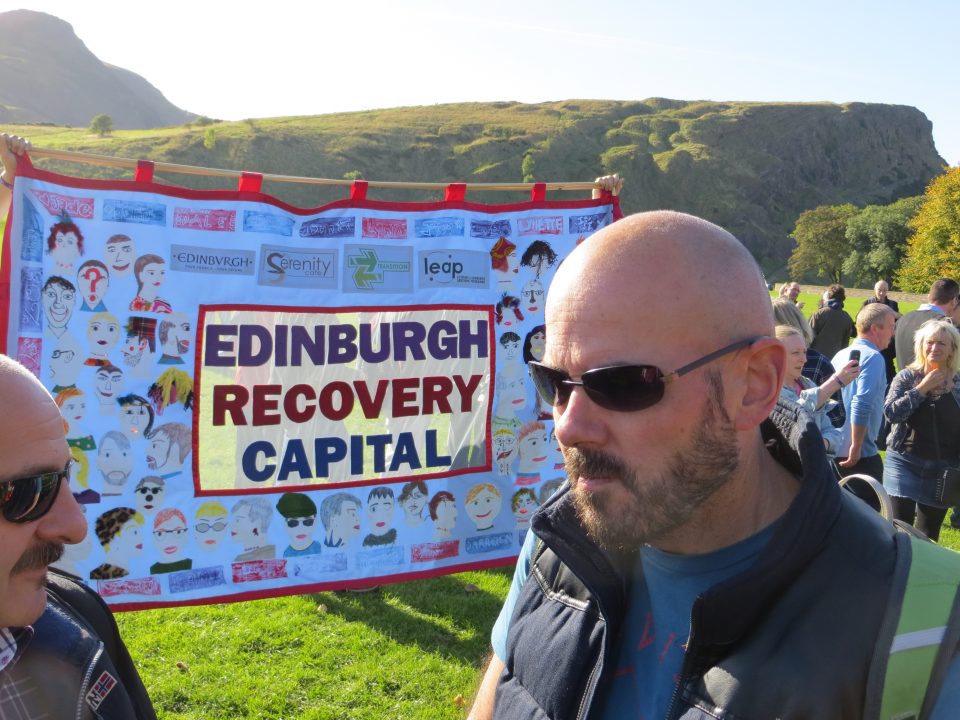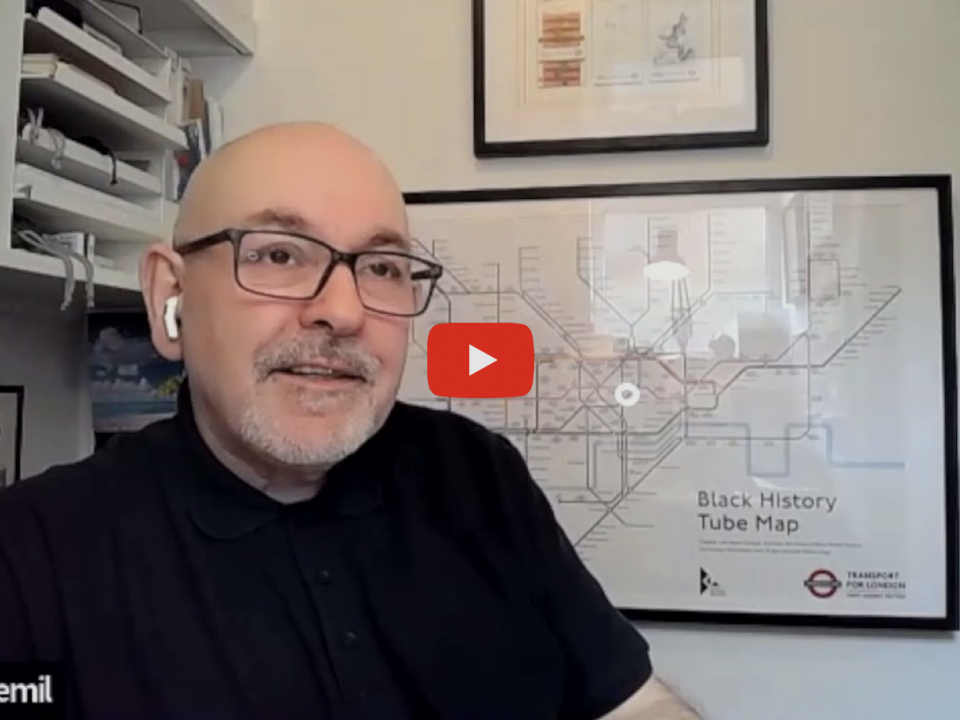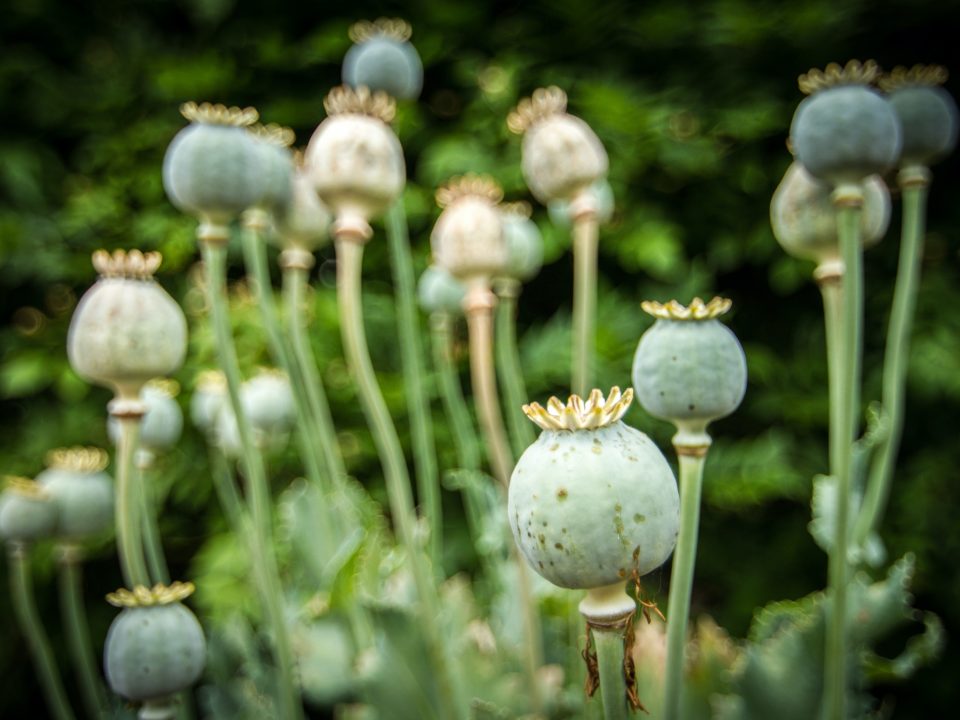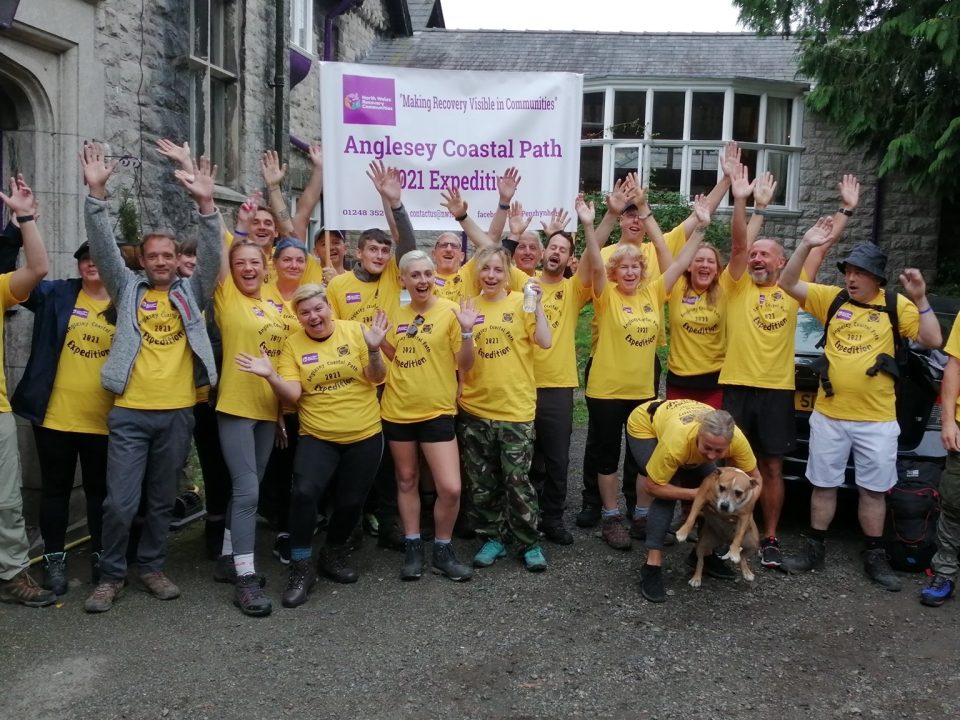20th December 2024
Gary Rutherford's TEDx Talk: Some of the kindest, strongest, empathetic and impressive people that I have met in my life have overcome addiction. They are much more than the sum of their problems. So as a society we need to stop judging people on the issues that are in their lives and that they're facing and look at it through a...



